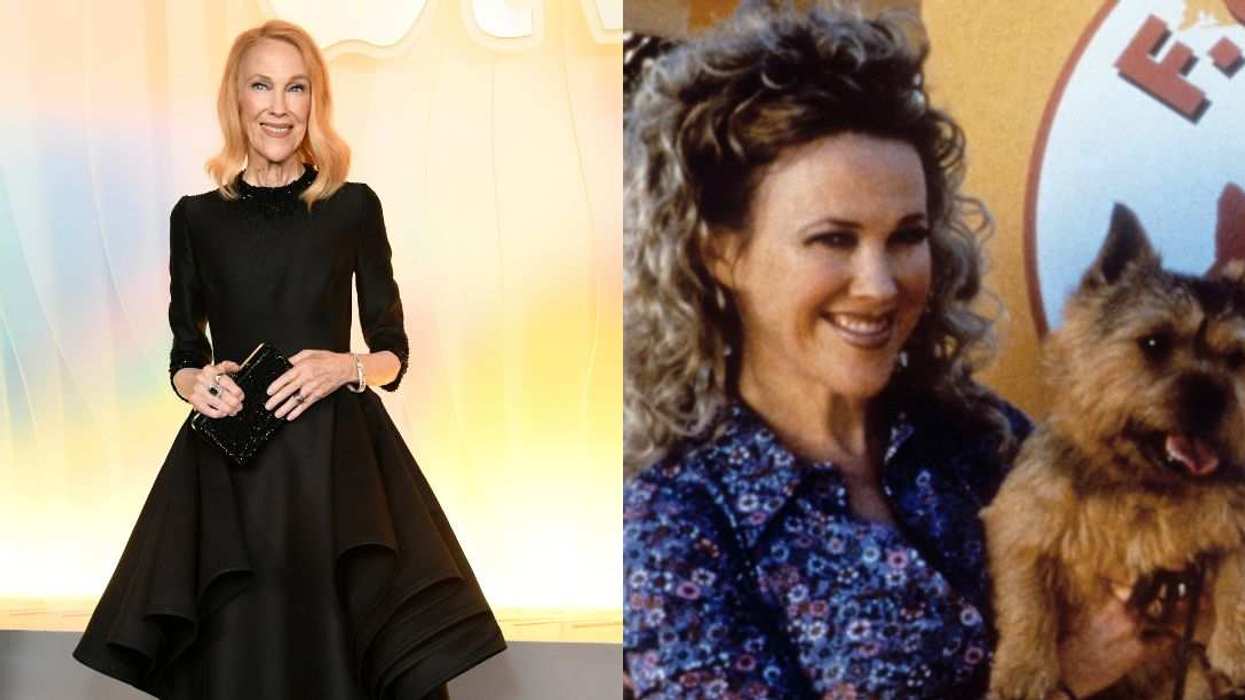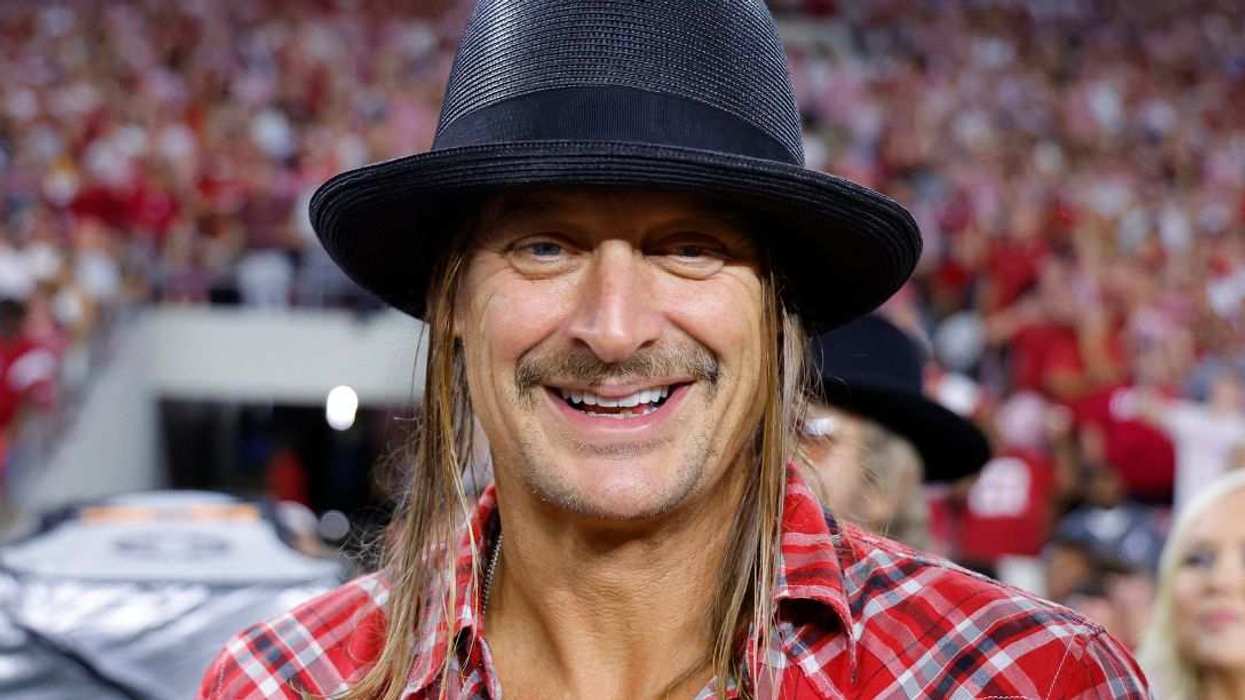As anyone who’s tried astronaut ice cream as a child can attest, space food can be a bit... odd.
However, it’s about to get much odder, as researchers at Penn State have just found a way to convert astronauts’ poop into an edible substance reminiscent of Vegemite, the controversial Australian yeast spread.
"We envisioned and tested the concept of simultaneously treating astronauts' waste with microbes while producing a biomass that is edible either directly or indirectly depending on safety concerns," said Penn State geosciences professor Christopher House in a release.
The researchers placed “liquid and solid waste” into a specially constructed 4-foot-long, 4-inch-diameter cylinder. They then applied microbes to break down the waste through anaerobic digestion, producing methane gas — similar to what is produced in the human digestion process. The methane was then fed to another group of microbes, eventually leaving a nutritional substance that could be consumed by astronauts for fuel.
“It’s a little strange, but the concept would be a little bit like Marmite or Vegemite where you’re eating a smear of ‘microbial goo,'” House said.
The first substance the team produced was Methylococcus capsulatus, a methane-consuming bacteria naturally found in soil and lakes. It can be dried and processed into pellets that comprise 52 percent protein and 36 percent fat. In fact, several companies are currently selling M. capsulatus pellets as fish, poultry and pig feed.
To reduce the potential of pathogenic exposure from human waste, the team also tried the process in a high-alkaline environment and under high temperatures. They found that another edible bacteria, Halomonas desiderata, could survive a very basic pH of 11. H. desiderata was found to contain 15 percent protein and 7 percent fat. At 158 degrees F, they grew Thermus aquaticus, which contained 61 percent protein and 6 percent fat.
"We also explored dramatic changes to how much waste was produced, for example, if the spacecraft had a larger load than usual, and the system accommodated that well," said House. His team ended up removing 49 to 59 percent of solids in 13 hours — a more efficient process than any current waste management system. Though astronauts on the International Space Station currently recycle some of the water from their urine, solid waste is ejected into space, where it burns up in the atmosphere.
However, the system is still in the experimental phase, and it’s not clear how many times astronauts would be able to eat their own poop before the resulting substance was devoid of nutritional value. The process would also likely need many more iterations before anything produced would be considered safe for human consumption.
"To put it in a life support system you would definitely need to have a lot of safety precautions in place," Dr. Lisa Steinberg, a former postdoctoral astrobiology researcher at Penn State, told NPR. "Astronaut protection would be first and foremost. You would need to make sure that there's no potential of pathogens from the waste getting into the food source.”
Perhaps just as important remains the fact the researchers themselves have not yet tasted the “microbial goo.” According to Steinberg, however, people who have tasted it in the past “described it as somewhat bland.”




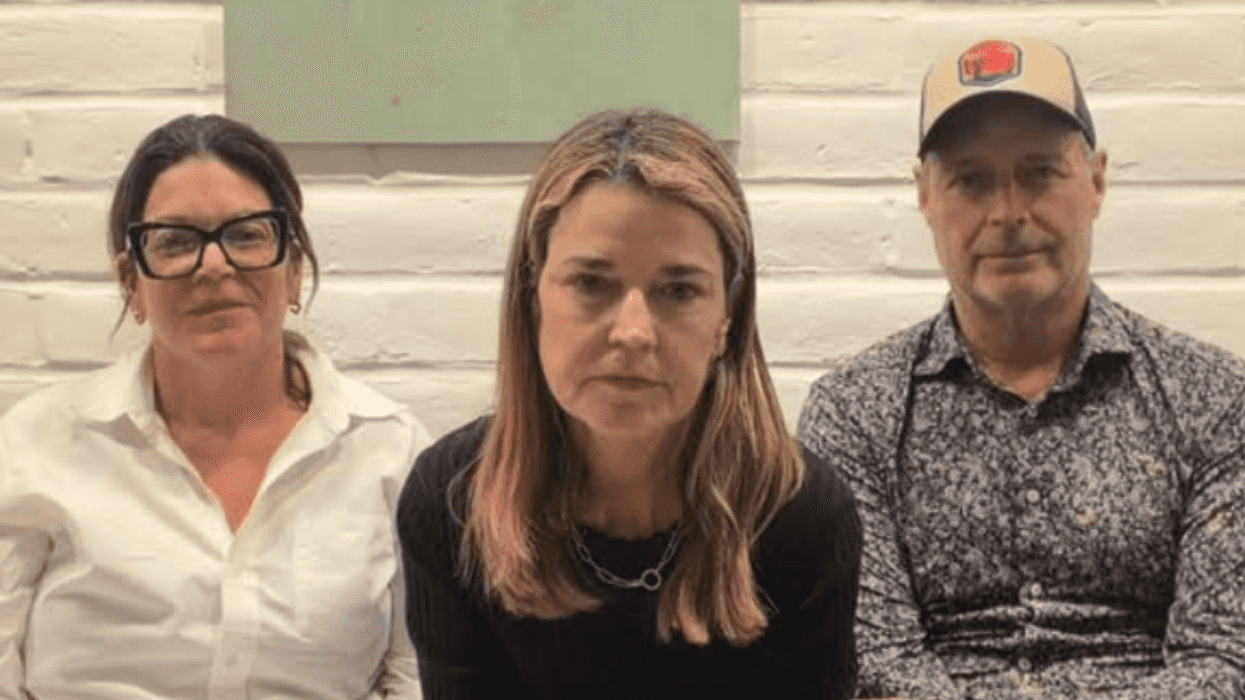
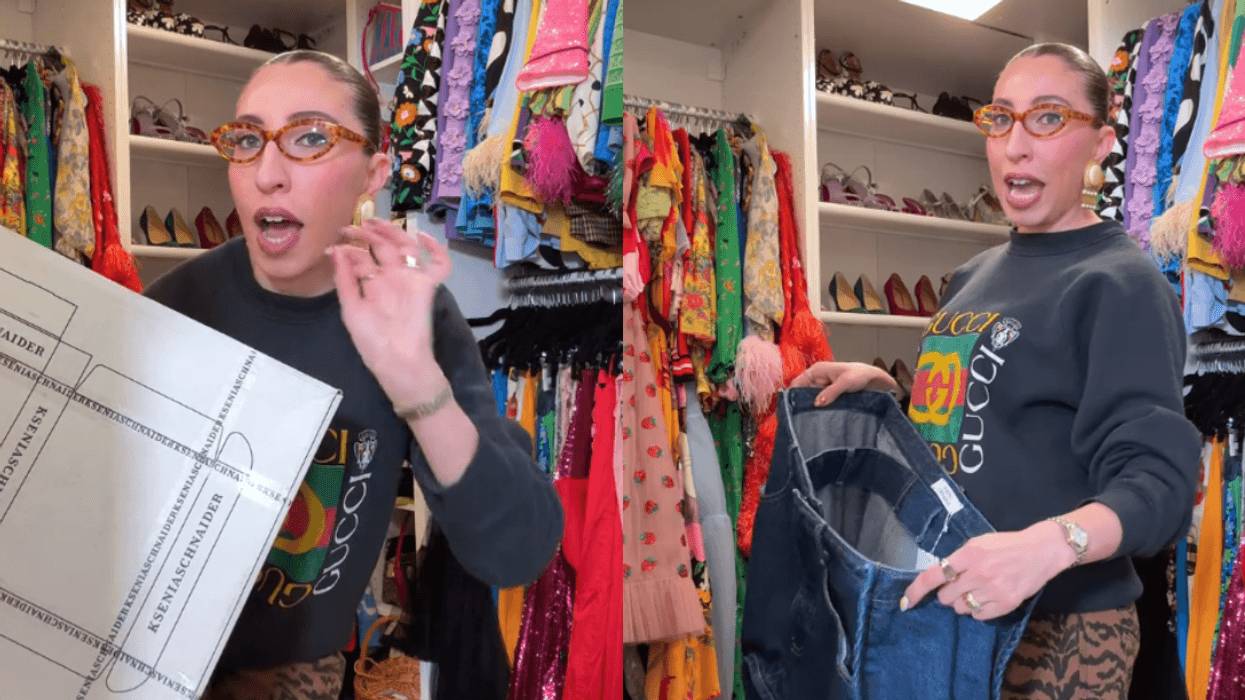






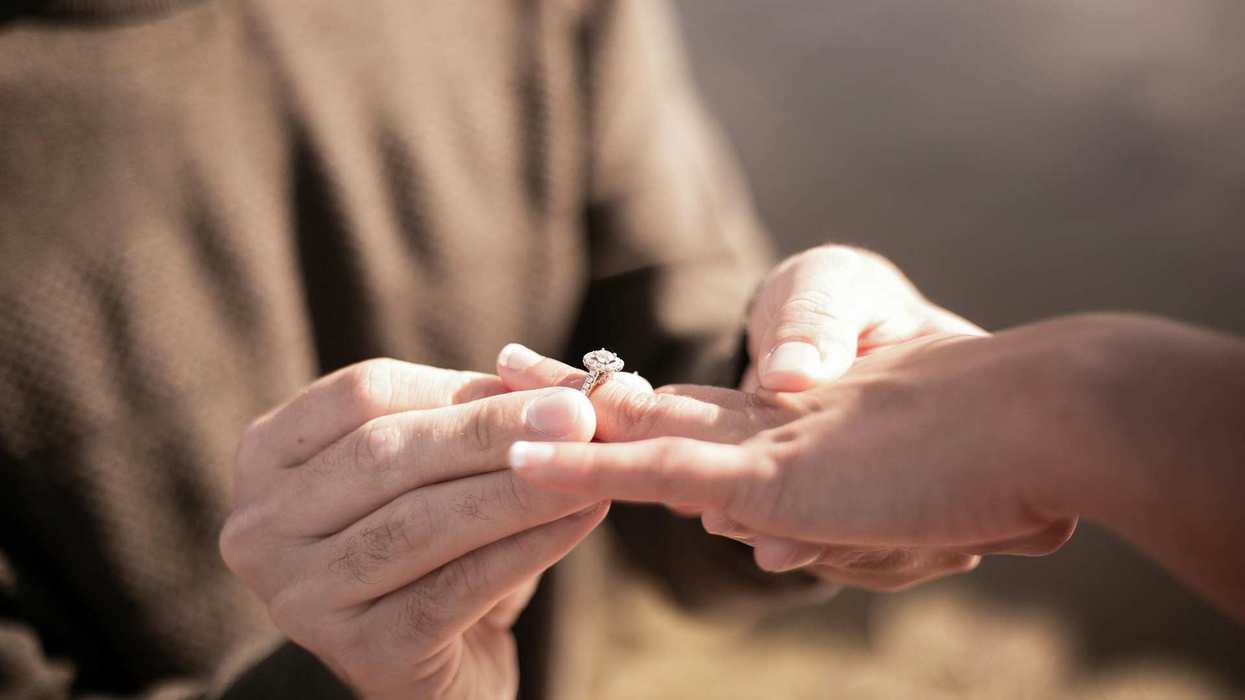
 The Office No GIF
The Office No GIF  Excited Well Done GIF
Excited Well Done GIF 

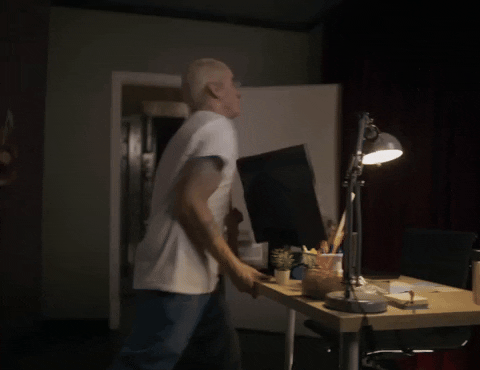 Mad Desk Flip GIF by Eminem
Mad Desk Flip GIF by Eminem 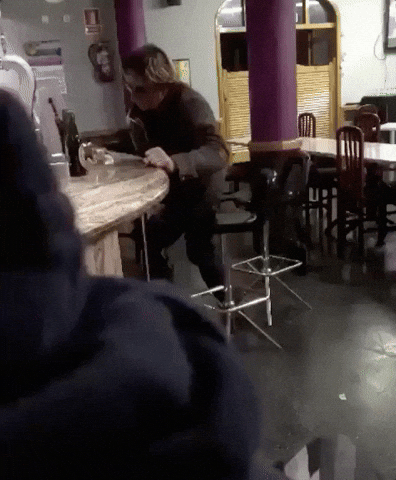 Drunk Head First GIF by Barstool Sports
Drunk Head First GIF by Barstool Sports  oscar isaac smoking GIF
oscar isaac smoking GIF  Napoleon GIF by Sony Pictures
Napoleon GIF by Sony Pictures 